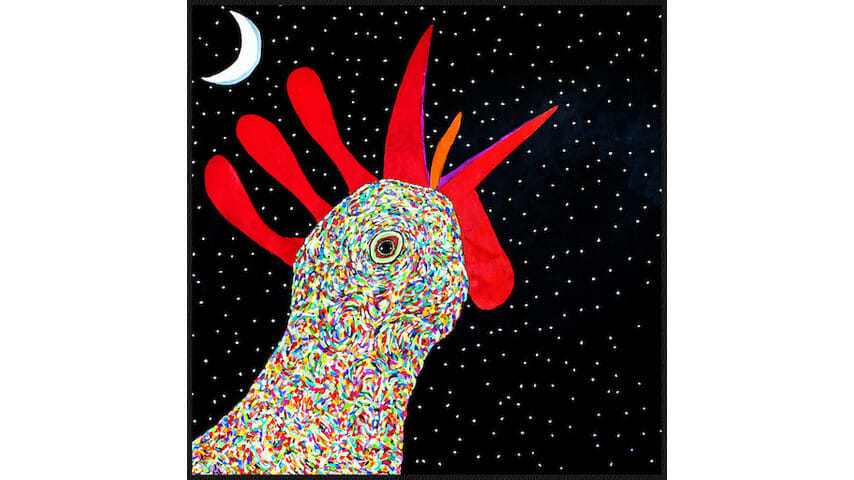Daniel Norgren: Wooh Dang

Daniel Norgren’s new album Wooh Dang sounds like someone slowly rolling a radio dial across several AM stations, each broadcasting a field recording. Some are strange. Some are gorgeous. Some ache and some comfort. Some sound muffled and others are so intimately captured, it feels like Norgren is singing from inside your ear canal.
All of them, though, showcase the sound of an ambitious singer-songwriter at the height of his powers, plus the creaky 19th century farmhouse where Norgren and his friends recorded the album live to tape on analog gear.
Scanning the AM band is an apt metaphor for Norgren’s career. For years — in the United States, at least — he was the kind of artist you happened upon, not the kind you tuned into on purpose. Born and still based in rural Sweden, Norgren recorded a handful of albums in the early 2010s that grew both his reputation and his audience in Europe, where he sells out rooms that hold thousands of people. But for a couple of kind words in the press, he was nonexistent stateside — no tours, no album distribution, no buzz.
-

-

-

-

-

-

-

-

-

-

-

-

-

-

-

-

-

-

-

-

-

-

-

-

-

-

-

-

-

-

-

-

-

-

-

-

-

-

-

-








































